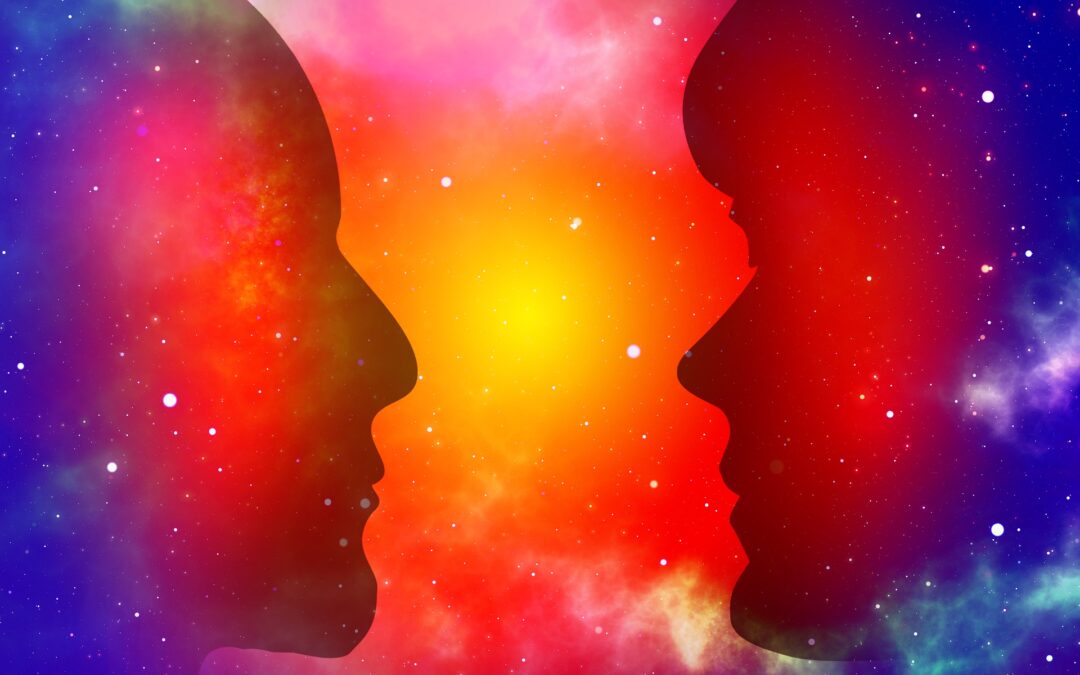With the recent events unfolding the world, you may be feeling anxious, scared, hopeless, sad…or all of the above. These feelings may be so intense that you’re wondering, Do I have depression? If you think you are suffering from depression, it’s important to understand that there is a difference between chronic and situational depression. Chronic depression refers to a long-term reoccurring sadness that may go on for many years, whereas situational depression is usually short-term and triggered by a traumatic or big life event.
Situational depression is known more of an “adjustment disorder,” where someone may have a short period of time when they feel sad or depressed as they encounter a new life event. However, as time goes on and the person adjusts to the new event, the adjustment disorder eventually goes away. Life events include: death, divorce, a new job or school, or an accident. If the person has the opportunity to talk to someone about it, the depression can dissipate even faster. Symptoms of situational depression include:
• Feelings of sadness, nervousness or hopelessness
• Headaches, stomachaches or fast breathing
• Changes in sleep or eating
• Using alcohol or drugs
Chronic depression is known as a “mood disorder,” where persistent sadness and hopelessness lasts longer than two weeks. Unlike situational depression which can be triggered by an event, chronic depression’s cause is largely unknown. Symptoms include:
• Loss of interest in usual activities
• Feelings of hopelessness and worthlessness
• Changes in weight, energy, appetite and sleep
• Having trouble focusing and concentrating
• Thoughts of suicide
Treatments for both situational and chronic depression are similar, but with some key differences. With situational depression, counseling sessions that focus on developing a positive attitude and learning skills to help cope with the life situation will help alleviate the depression much sooner. Counseling sessions can include video or in-person talk therapy. But with chronic depression it won’t be quite as simple: talk therapy will most likely be necessary, just like for situational depression, but some people will also need medications or other advanced interventions. 40-60% of people with chronic depression do well with a combination of talk therapy and antidepressant medications. However, everyone is different in their treatment plans, so it’s best to talk to your doctor about what’s best for your unique needs.
For those with severe cases of depression in which typical medications don’t work, ketamine infusions have proven to be highly effective. Ketamine infusions are effective for about 70% of patients, and oftentimes deliver relief in as little as 1-2 hours post-infusion.
Ready to Schedule a Free Consultation?


Recent Comments